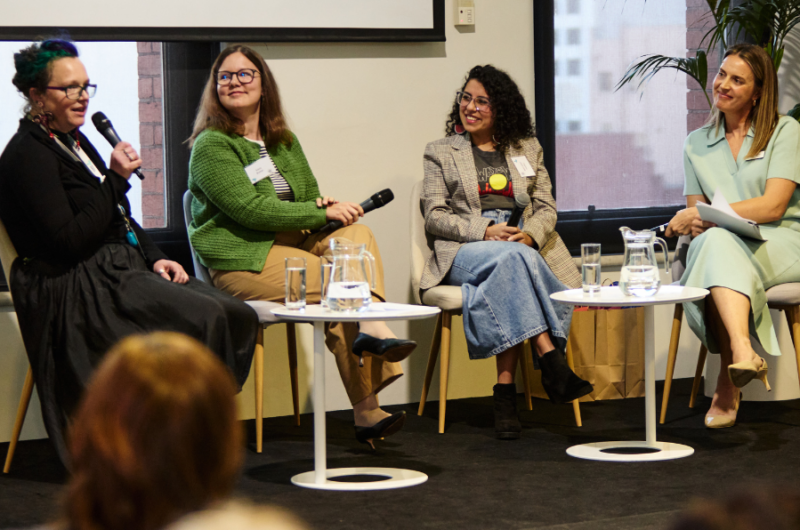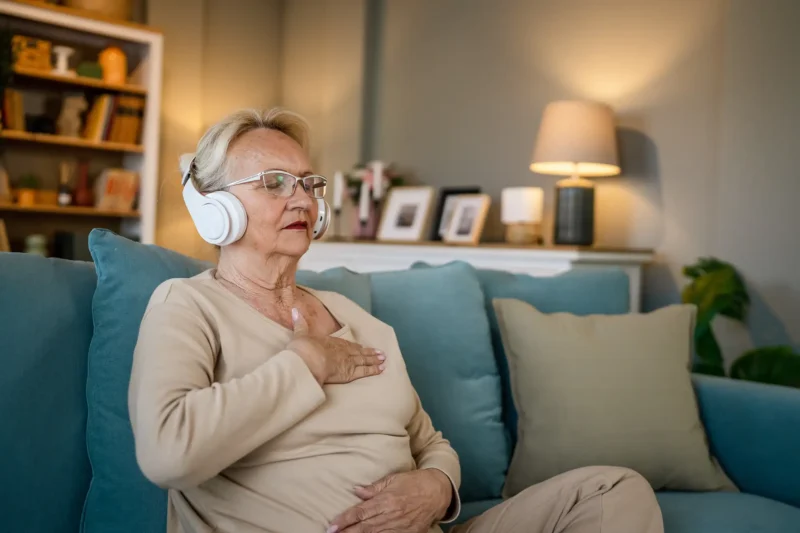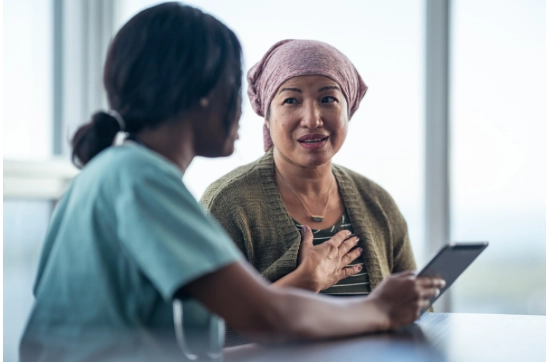
Heath inequality impacts people in a variety of ways
At Women’s Health Victoria, we focus on driving change in three critical areas of healthcare for women (cis and trans inclusive) and gender-diverse people:
- Sexual and reproductive health
- Mental health
- Cancer
Our work is guided by the understanding that social determinants of health (including gender, geographic location, racism, homophobia and transphobia, and socioeconomic background) impact people’s experiences of health and healthcare.
We aim to drive systems change to improve health outcomes for women and gender-diverse people at every life stage – from girls to women in midlife and older age.

Sexual & reproductive health
All Victorian women and gender-diverse people should have equal access to affordable, timely, and local sexual and reproductive health (SRH) services as part of mainstream healthcare.
While abortion is safe and legal in Victoria, access remains inequitable. Navigating the SRH system can be complex, and barriers to accessing abortion and contraception persist. This has a disproportionate impact on underserved and disadvantaged communities.
We deliver 1800 My Options, Victoria’s only dedicated SRH information and referral service. The service is critical to improving access to abortion and contraception – strengthening the SRH system.
We work in partnership with the women’s health sector and are guided by service system insights to support women and gender-diverse people to access safe and equitable SRH care, free from stigma.
Our 2024 report Realising Access: abortion and contraception inequities and enablers in Victoria is a key example of our advocacy in this area.

Mental health
We are committed to ensuring that Victoria’s mental health system is responsive to the needs of women and gender-diverse people.
Despite women experiencing mental illness at higher rates than men, their specific mental health needs are often overlooked. Many services are based on male-centric models that do not consider how gender-based violence, gendered social determinants of health, and other unique factors shape women’s experience of mental health. Without lived and living experience-led, trauma-informed care, the system risks re-traumatising survivors and failing to meet their needs.
WHV leads the Women’s Mental Health Alliance, working in partnership to ensure that the voices, experiences and needs of women are centred in mental health policy and service delivery.
Our advocacy has contributed to reforms like the establishment of the Women’s Recovery Network (WREN) specialist mental health service for women, the inclusion of a recommendation on gender-separated inpatient units in the Royal Commission into Victoria’s Mental Health System, and the inclusion of a gender safety principle in the Mental Health & Wellbeing Act 2022. In 2023, we released an issues paper providing the evidence base for gender-responsive mental health care.

Cancer
We work to ensure women and gender-diverse people are supported at every stage of their cancer journey, improving outcomes in diagnosis, treatment and recovery.
Gender inequality affects access to equitable cancer care and shapes policy priorities, funding, and research. A patient’s geographic location, age, gender identity and sexuality, and culture can widen these inequalities. We examine women’s experience of care, beyond types of ‘women’s cancers’ to consider how gender influences cancer care and navigation.
Our Counterpart service provides essential information, connection, and peer support to Victorian women living with cancer. Delivered by over 35 Peer Support Volunteers with lived experience of cancer, the service supports over 900 women each year through phone support, our Resource Centre, hospitals, and regional Wellbeing Days.
By working with local health services and professionals, cancer support services, and women living with cancer, Counterpart ensures women and gender-diverse people living with cancer get the support they need to live well.




